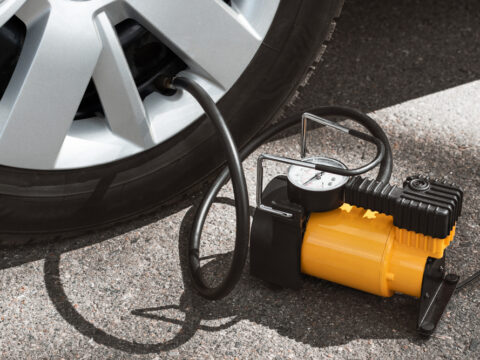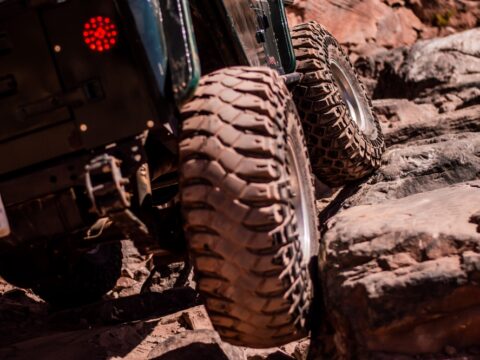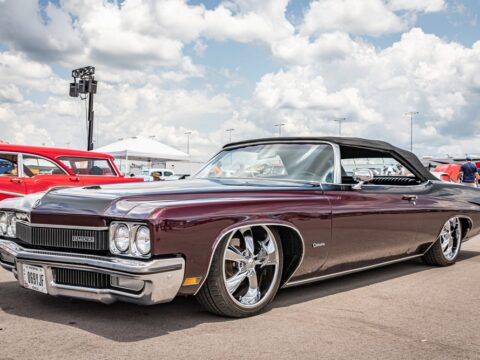When it comes to upgrading your vehicle, tires are often one of the first things drivers look at. While some upgrades can boost performance, not all expensive tire modifications are worth the investment. In fact, many costly options offer little improvement for what you pay. Let’s explore 14 tire upgrades that fall short of delivering the promised benefits.
Contents
Run-Flat Tires
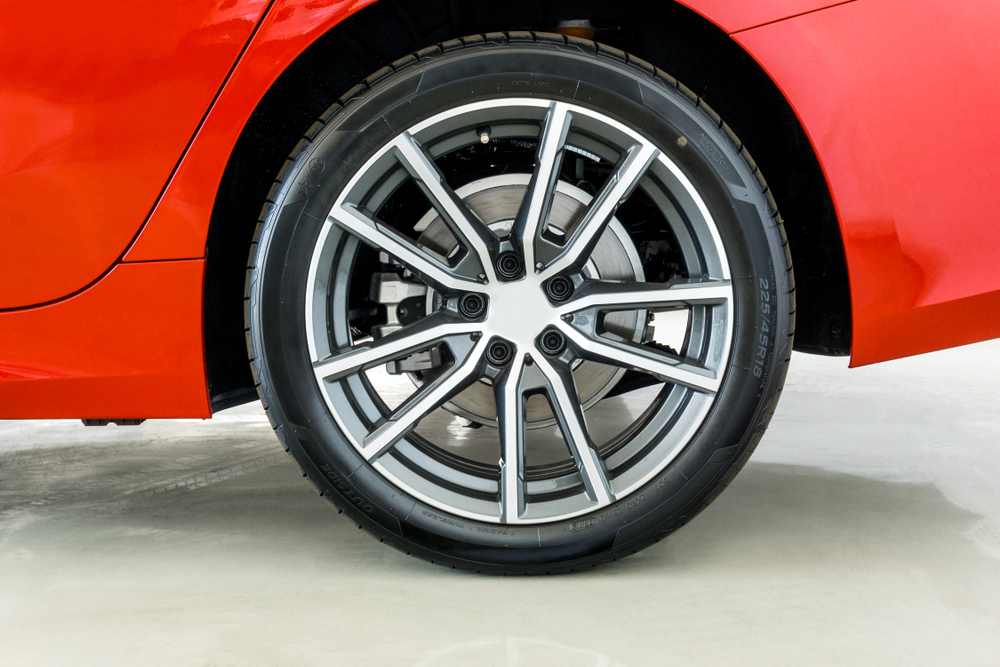
Run-flat tires are designed to allow a vehicle to continue driving for a short distance after a puncture, but they come at a premium price. Despite this, they often deliver a stiffer ride compared to regular tires due to reinforced sidewalls. For most drivers, the real-world benefit is limited, as the range to drive after a puncture is typically around 50 miles, and the tires are harder to repair, leading to more frequent replacements.
Low Profile Tires
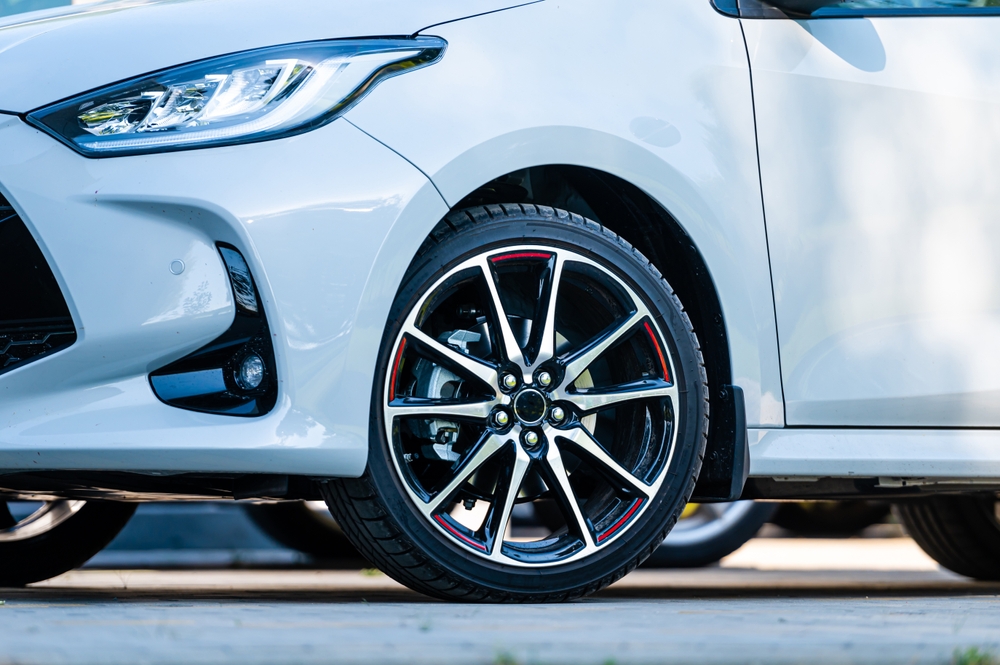
Low profile tires, known for their sleek look and wide appearance, are primarily purchased for aesthetic reasons rather than performance. While they can offer slightly improved handling in perfect conditions, their stiffer sidewalls contribute to a rougher ride. Additionally, they are more susceptible to damage from potholes, making the high price difficult to justify for average drivers.
Ultra-High-Performance Tires
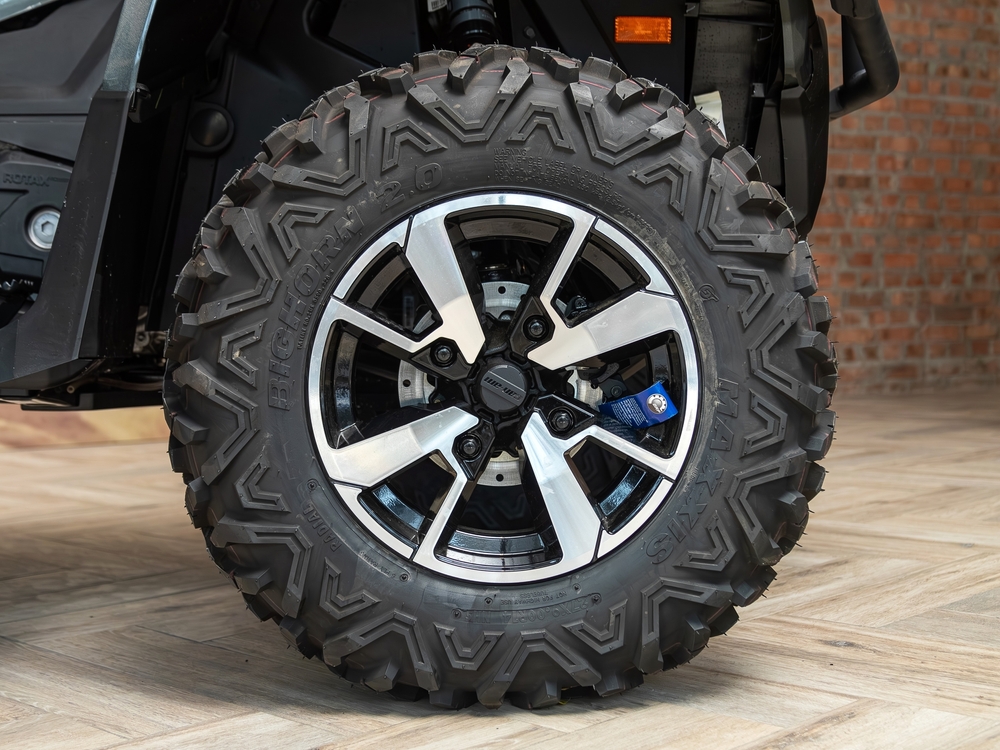
These tires are designed for top-tier performance on the track, featuring soft compounds that offer superb grip under racing conditions. However, for everyday driving, they wear out quickly and don’t handle adverse weather conditions, such as rain or snow, particularly well. The cost far outweighs the benefits for most drivers who rarely push their vehicles to the extreme.
Oversized Off-Road Tires
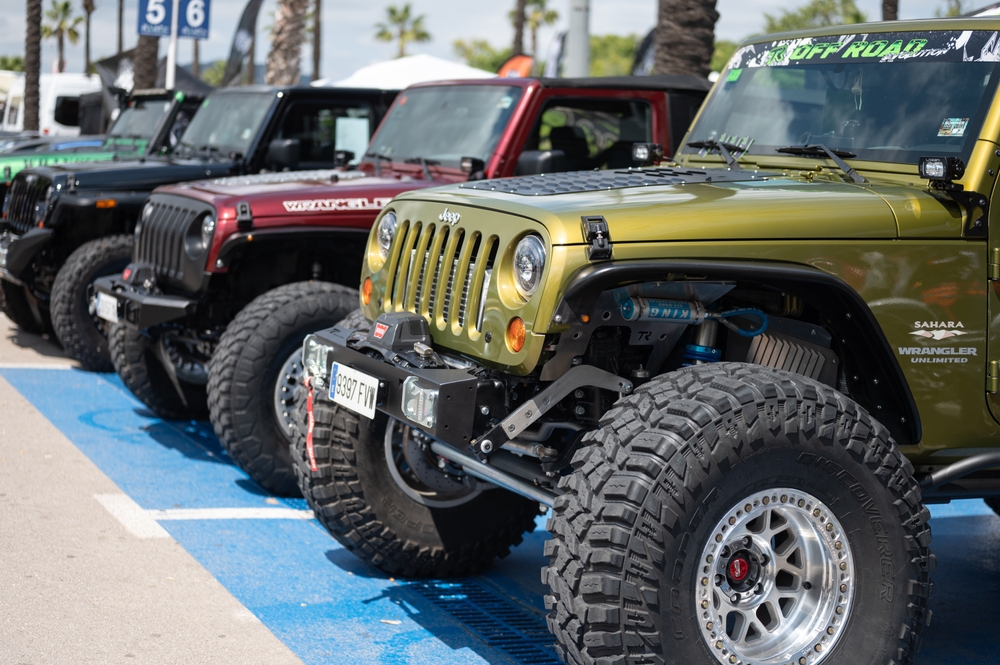
Oversized off-road tires are often marketed to off-roading enthusiasts, but they’re typically too large and heavy for standard vehicles. They reduce fuel economy, wear out suspension components more quickly, and offer no real advantage on paved roads. The cost of these tires, combined with the modifications needed for installation, often outweighs their limited benefits.
Racing Slicks for Street Use
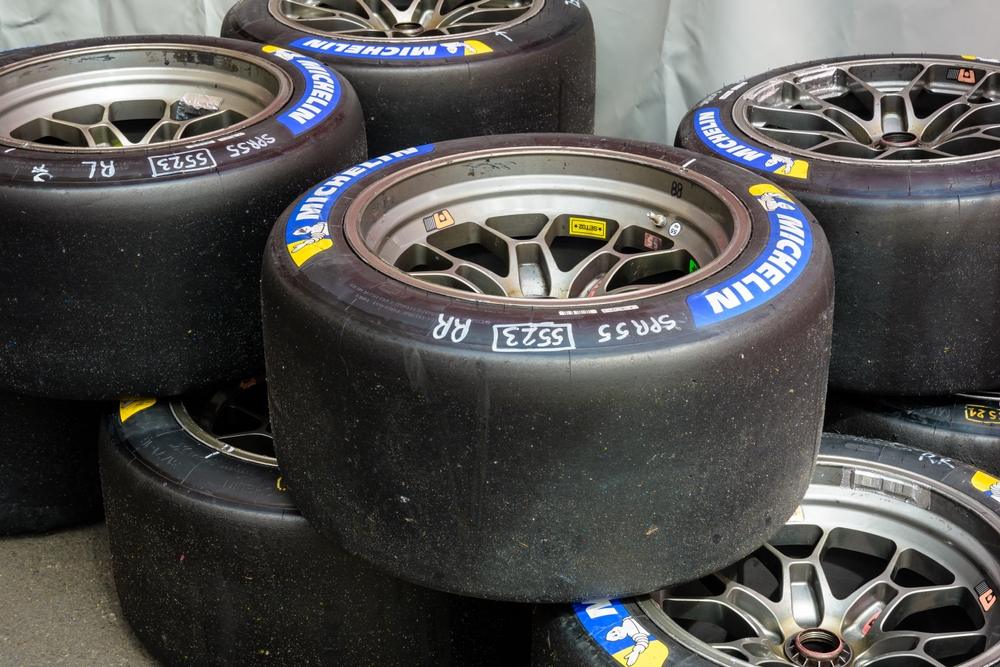
Racing slicks have no tread, which maximizes grip on dry tracks but makes them impractical for street use. They offer little to no performance advantage on regular roads and perform poorly in wet conditions. Their limited durability and expensive price tag make them a poor choice for anyone not racing professionally.
All-Season Performance Tires
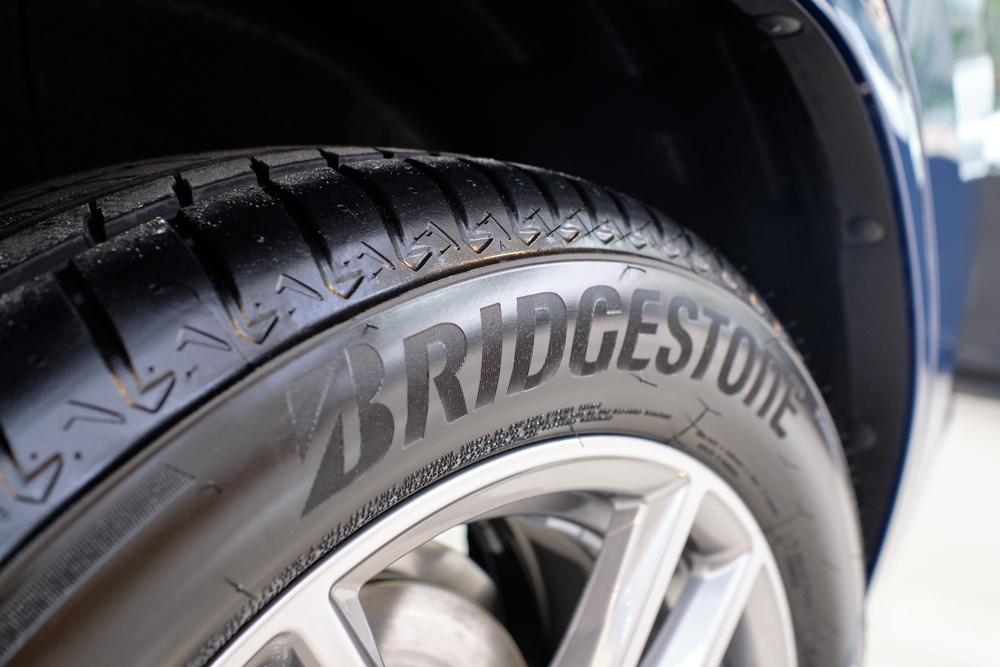
While all-season performance tires aim to offer the best of both worlds, they often fail to excel in any one area. They don’t provide the same traction as dedicated summer or winter tires, and their higher price point doesn’t justify the minimal gains in versatility. They’re simply not the best option for drivers in regions with extreme climates.
Specialty Winter Tires in Mild Climates
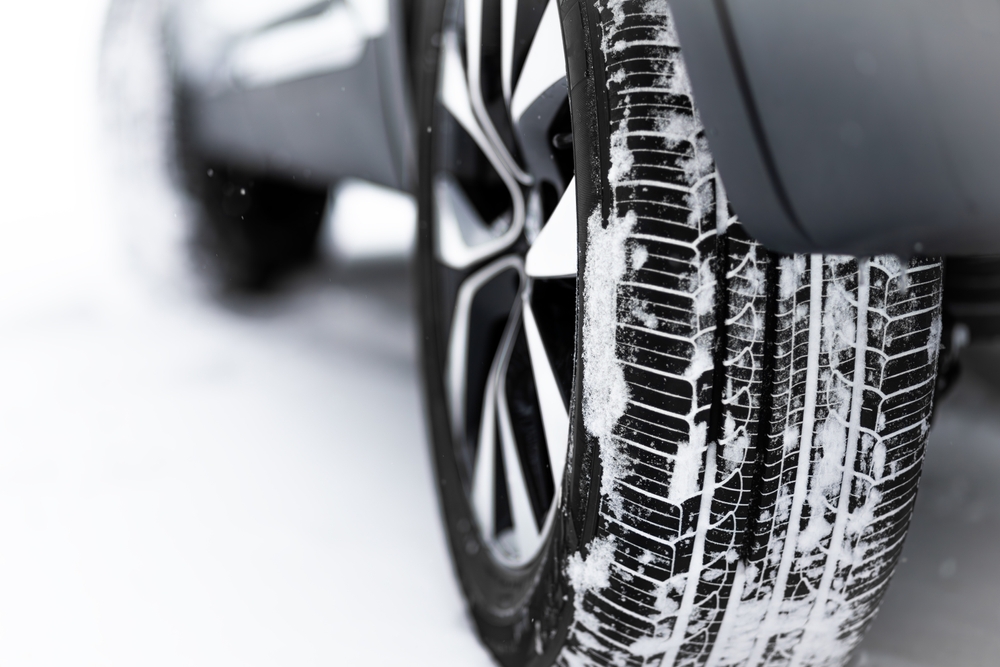
Winter tires are designed for cold, snowy conditions, but purchasing them for use in mild climates is a waste of money. They offer no performance advantage over regular all-season tires in warmer weather and wear out more quickly. Their cost is hard to justify if you’re not regularly driving in icy conditions.
Directional Tires
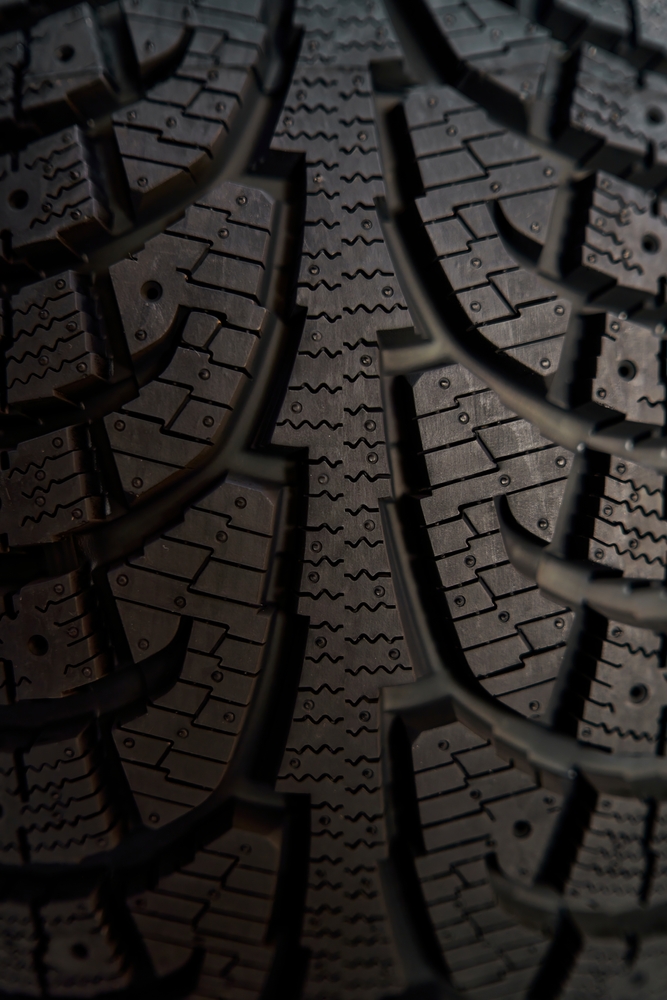
Directional tires are designed to improve handling and water dispersion, but their real-world benefits are minimal for everyday drivers. The limited ability to rotate them reduces tire longevity, making them more expensive in the long run. For most users, the cost isn’t justified by the marginal performance improvement.
Mud Terrain Tires for City Driving
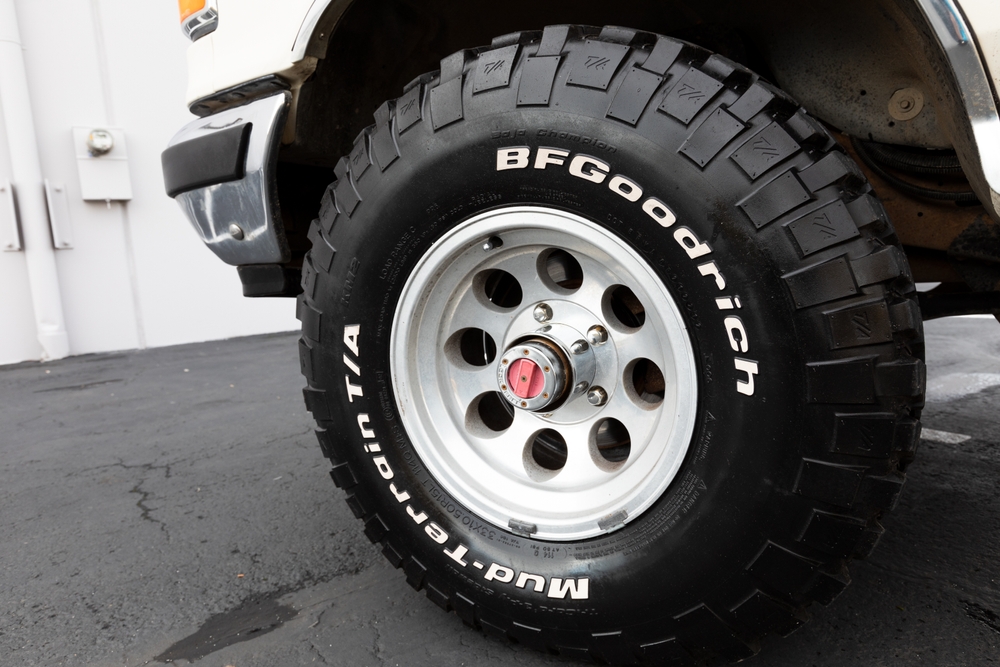
Mud terrain tires are excellent for off-road conditions, but for city driving, they are noisy, rough, and wear out quickly on paved roads. Their aggressive tread pattern is designed for loose terrain, not asphalt, which means you’re paying a premium for features you won’t use. The cost far exceeds any benefits in an urban setting.
Noise-Reducing Tires
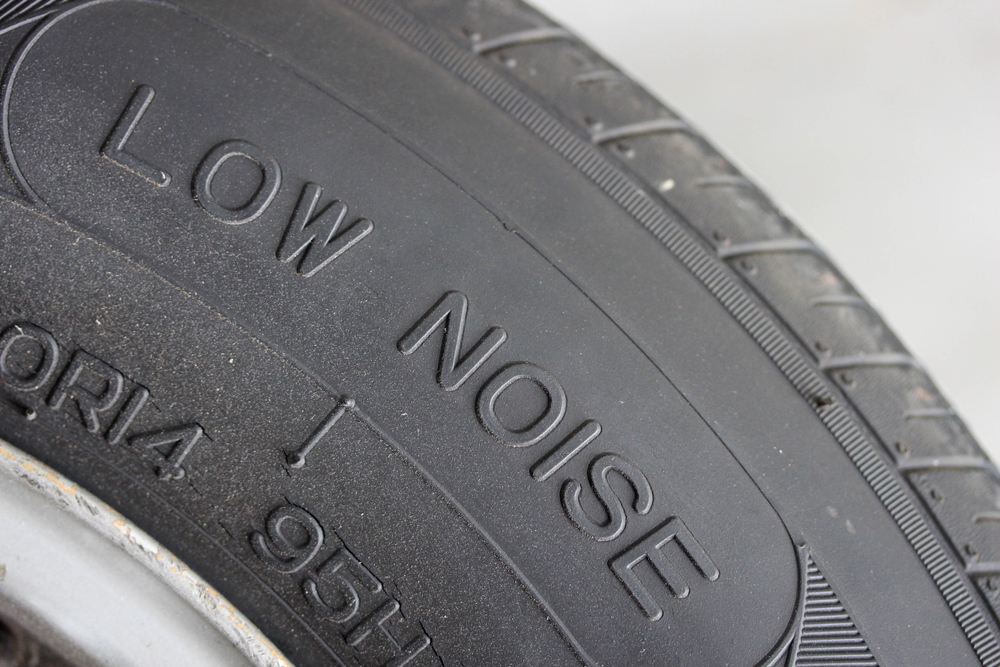
Noise-reducing tires are marketed as providing a quieter ride, but the difference is often so subtle that it’s barely noticeable. The extra cost for this feature is hard to justify when the overall performance of the tire remains the same. Most drivers won’t experience enough of a difference to warrant the expense.
Tires with Color Sidewalls
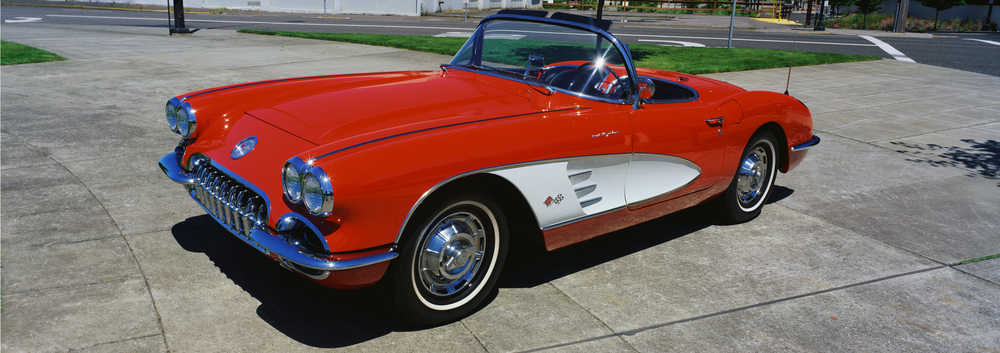
Color sidewalls are purely a cosmetic upgrade, adding no real performance benefits to the tire itself. While they may give your vehicle a unique look, the price you pay is solely for aesthetics. For drivers focused on performance or longevity, this upgrade offers nothing but extra cost.
Run-Flat Winter Tires
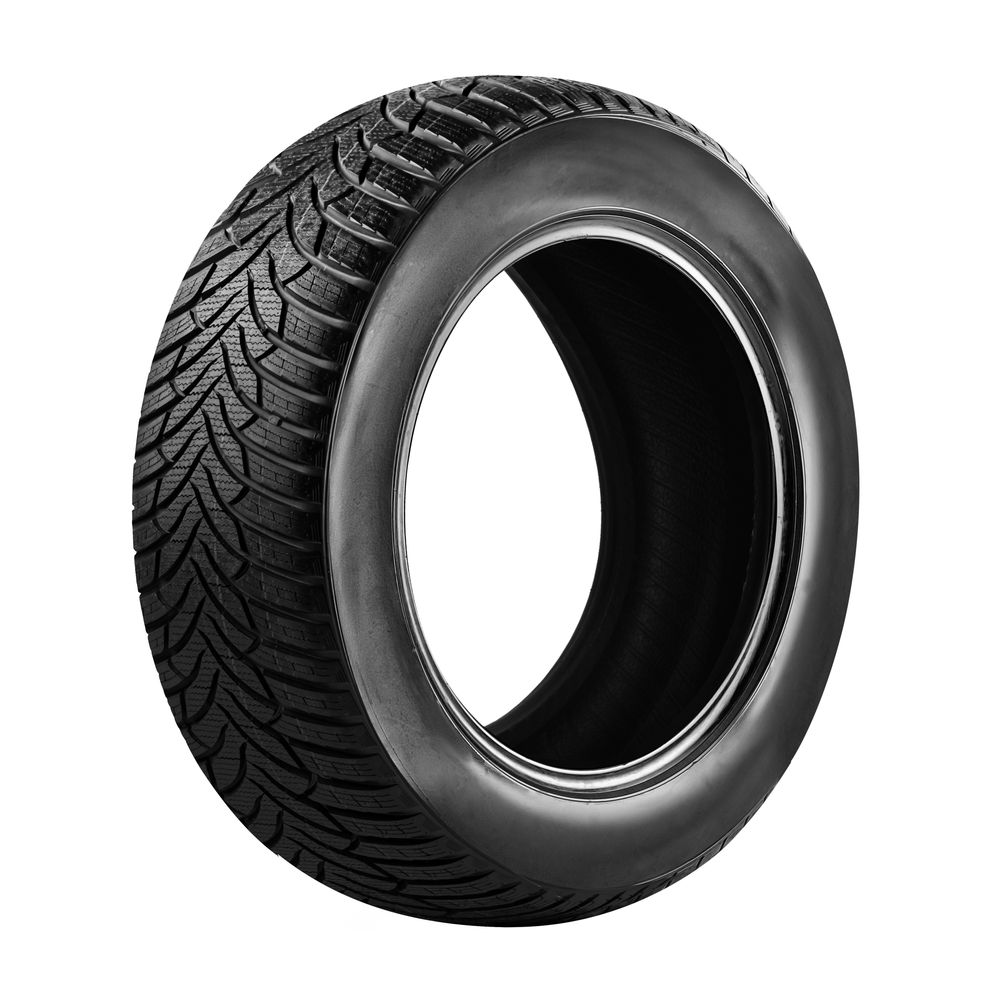
Run-flat winter tires combine two costly technologies, but the added weight makes them less efficient in cold weather. They offer limited advantages over standard winter tires and still suffer from the same drawbacks as regular run-flats, such as reduced comfort and higher replacement costs. The combination is more expensive but not more effective.
Nitrogen-Filled Tires
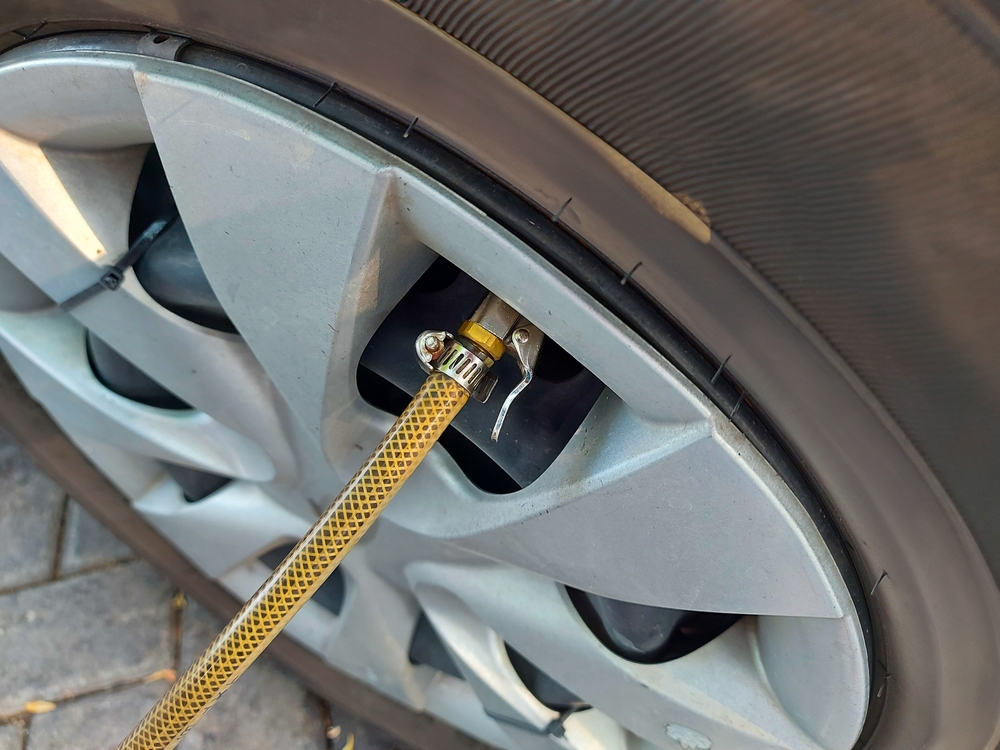
Nitrogen-filled tires are often touted for their ability to maintain tire pressure longer than air-filled tires, but the performance benefits are minimal. Regular air already contains 78% nitrogen, and for everyday driving, the difference in tire pressure retention is negligible. The cost of refilling with nitrogen isn’t justified by the minor advantages.
Off-Road Tires with Aggressive Tread
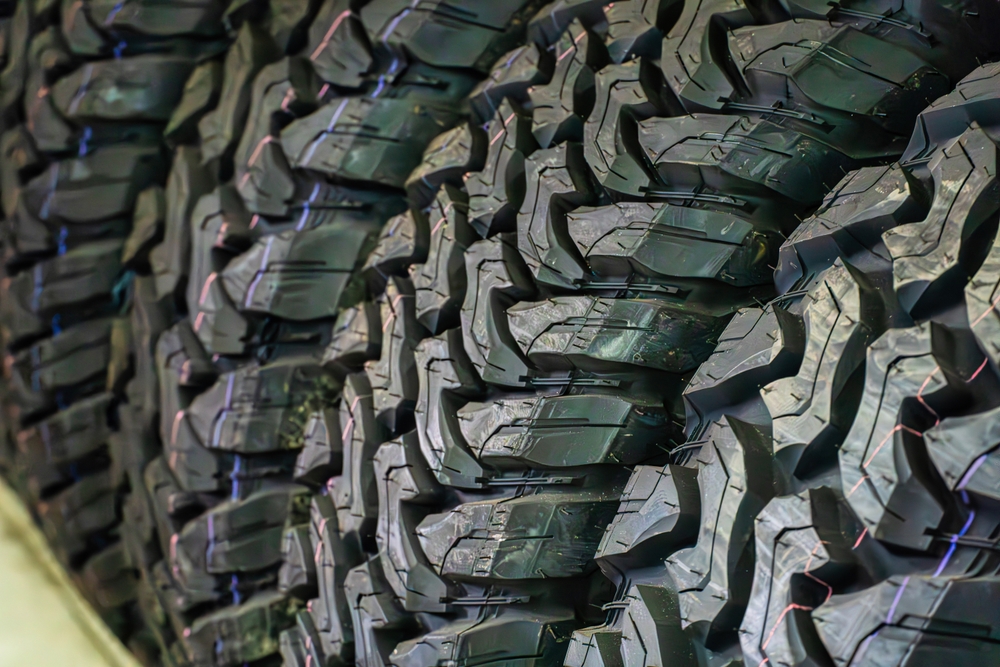
Off-road tires with aggressive tread are designed for loose and uneven terrain, but they offer no benefits for drivers who stick to paved roads. They’re noisy, heavy, and wear out quickly on asphalt. For most city or highway drivers, the high cost of these tires isn’t justified by their performance.
This article originally appeared in MyCarMakesNoise.
More from MyCarMakesNoise
14 Forgotten Classic Trucks Worth Revisiting

In the world of classic trucks, some models have faded from the spotlight but still hold a special charm. These forgotten gems offer unique designs, robust performance, and a nostalgic appeal that’s hard to resist. Read More
8 Rare Electric Vehicles from the Early 2000s

Exploring the early 2000s reveals a fascinating era of electric vehicle innovation. During this time, many automakers experimented with electric power, creating unique and rare models that paved the way for today’s EV advancements. Read More
20 Timeless JDM Cars Every Enthusiast Dreams of Owning
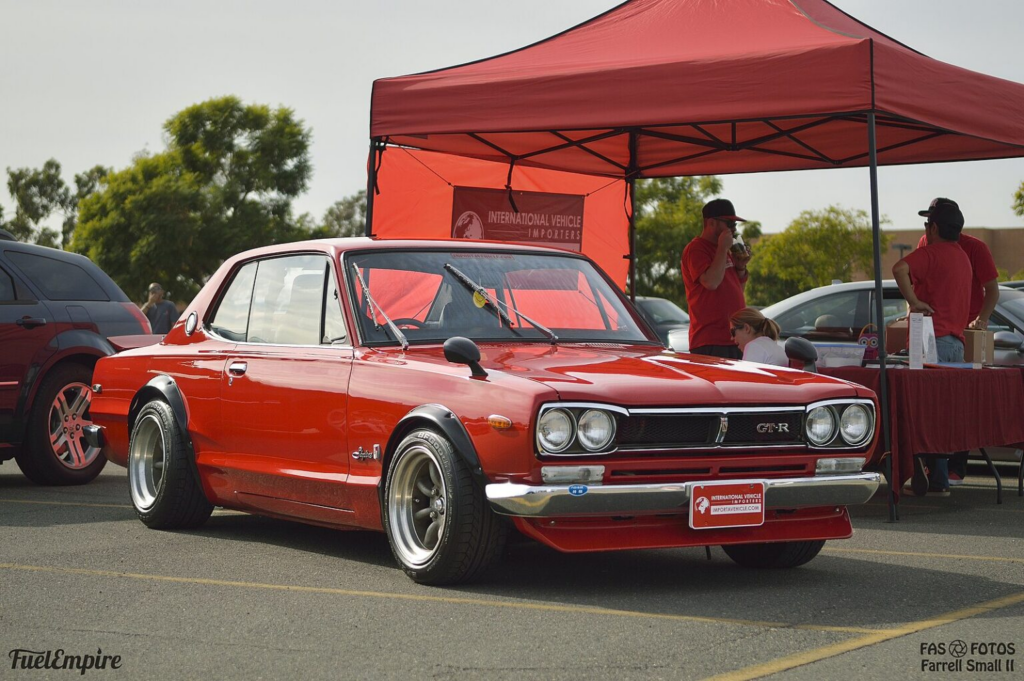
Vintage JDM (Japanese Domestic Market) cars have a unique charm and timeless appeal. Known for their style, performance, and innovation, these classic Japanese cars have captured the hearts of car enthusiasts worldwide. Read More

